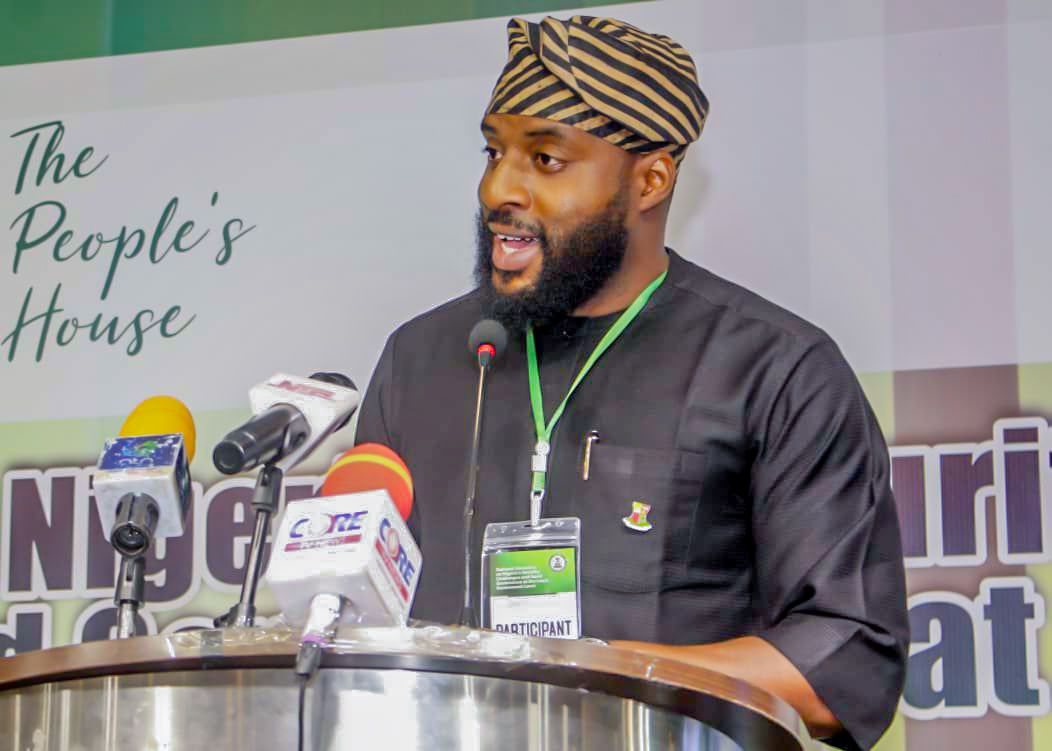In the landscape of Nigerian governance, local government autonomy has been a long-sought goal, heralded as a significant step towards decentralization and grassroots development. Hon Adebo Ogundoyin, the Speaker of the Oyo State House of Assembly and the Chairman of the Conference of Speakers in Nigeria, has been a stalwart advocate for this cause. Recent criticisms have misconstrued his remarks about the implementation challenges of local government autonomy, portraying him as an opponent of the very reform he has championed. This misrepresentation is not only unfair but also distracts from the substantive issues at hand.
Under Hon Ogundoyin’s leadership, the Oyo State House of Assembly passed the Bill for local government financial autonomy in February 2023. This legislative achievement underscores his commitment to empowering local governments and enhancing their capacity to serve their constituencies effectively. The bill’s passage is a testament to his belief in the principle of decentralization and the need for local governments to have control over their finances. Given this track record, it is illogical and disingenuous for any serious commentator to claim that Hon Ogundoyin opposes local government autonomy.
The crux of Hon Ogundoyin’s remarks in Abuja was a cautionary note about the implementation challenges of local government autonomy. His concerns were not about the principle or the law itself but about ensuring that the autonomy translates into tangible improvements in governance and service delivery. Nigeria’s history is replete with well-intentioned laws that have floundered at the implementation stage due to systemic challenges such as corruption, inadequate compliance mechanisms, and entrenched bureaucratic inefficiencies.
Hon Ogundoyin’s perspective reflects a pragmatic understanding of these issues. He recognizes that while legislative frameworks are crucial, their efficacy depends on robust enforcement and the capacity of institutions to operate independently and efficiently. This realism should be seen as a strength, not a weakness. It underscores a commitment to not just passing laws but ensuring they work effectively in practice.
Local government autonomy is indeed the best way to ensure a fair distribution of the dividends of democracy. It brings governance closer to the people, enabling local authorities to respond more swiftly and appropriately to the needs of their communities. However, for this autonomy to be truly transformative, several steps must be taken: Strengthening Legal and Institutional Frameworks: Local governments must be equipped with the necessary legal and institutional tools to operate independently. This includes not only financial autonomy but also administrative and operational autonomy.
Building Capacity: There must be a concerted effort to build the capacity of local government officials through training and development programs. This will ensure that they have the skills and knowledge required to manage resources effectively and deliver quality services.
Enhancing Accountability and Transparency: Robust mechanisms for accountability and transparency are essential to prevent corruption and ensure that resources are used for their intended purposes. This includes regular audits, public disclosure of financial information, and strong anti-corruption measures.
Community Engagement: Engaging communities in the governance process can enhance transparency and accountability. Local governments should establish mechanisms for regular consultation and feedback from their constituents.
Federal and State Support: While local governments must be autonomous, they also need support from federal and state governments in terms of funding, policy guidance, and capacity building. This collaborative approach can help address systemic challenges and ensure a smoother implementation of autonomy.ConclusionLocal government autonomy remains a pivotal reform for Nigeria’s democratic and developmental aspirations.
Hon Adebo Ogundoyin’s leadership and advocacy for this cause are commendable. His cautious optimism regarding the implementation challenges should be seen as a call to action to address these issues head-on, rather than as opposition to the reform. For local government autonomy to fulfill its promise, a holistic approach that includes strong legal frameworks, capacity building, accountability measures, and community engagement is essential. Only then can the dividends of democracy be equitably distributed to all Nigerians.
•Adeniyi Rotimi Johnson, BSc, PGDPA, ANIPR, FPD-CR.
PR Consultant & Public Affairs Analyst

